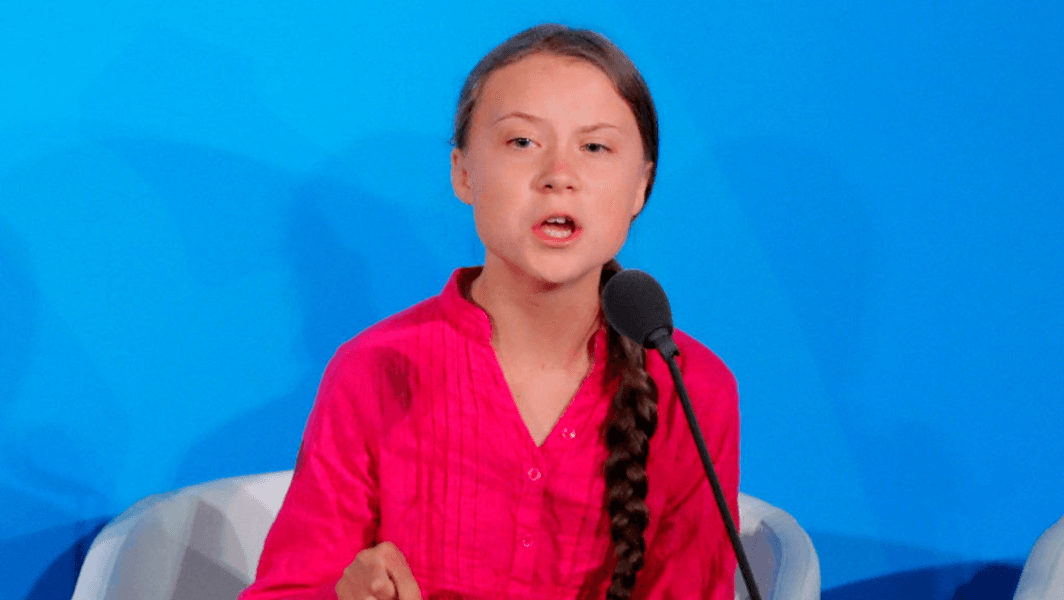
Sweden's Supreme Court Dismisses Greta Thunberg's Climate Lawsuit
Court Cites Democratic Processes; Activists Vow to Continue Legal Efforts
In a significant legal decision, Sweden's Supreme Court has dismissed a class action lawsuit led by climate activist Greta Thunberg and over 300 other young activists. The lawsuit sought to compel the Swedish government to intensify its actions against climate change, alleging that current measures violate the European Convention on Human Rights.
Filed in 2022 by a group known as the Aurora group, the lawsuit argued that Sweden's insufficient efforts to combat climate change infringe upon citizens' rights to life and health. The plaintiffs demanded that the court order the state to take necessary actions to limit global warming to 1.5 degrees Celsius above pre-industrial levels.
However, the Supreme Court ruled that it cannot mandate specific actions by the parliament or government, as such decisions fall within the realm of democratic processes. Justice Jonas Malmberg stated, "A court cannot decide that parliament or the government should take any specific action without the democratic bodies deciding independently on those issues."
Despite the dismissal, the court did not entirely close the door on future climate-related lawsuits. It indicated that differently formulated cases, particularly those focusing on whether individuals' rights under the European Convention on Human Rights have been violated, might be considered. The court emphasized that while it cannot prescribe specific measures, it can adjudicate on potential rights violations.
In response to the ruling, the Aurora group expressed disappointment but remained resolute.
This legal battle in Sweden reflects a broader trend of climate activism turning to the courts to hold governments accountable for environmental policies. Similar cases have been brought before the European Court of Human Rights with mixed outcomes. Notably, the ECHR ruled that the Swiss government had taken adequate action against climate change. Conversely, it dismissed a case filed by six young Portuguese individuals against multiple European countries, stating that domestic legal avenues had not been exhausted.
The Swedish government's response to the lawsuit has been to highlight its commitment to addressing climate change through legislative and policy measures. Officials argue that climate policy is a complex issue best handled by elected representatives rather than through judicial mandates.
As climate concerns intensify globally, the intersection of environmental activism and legal action is likely to become more prominent. The Aurora group's determination to explore further legal options underscores the growing impatience among younger generations for substantive governmental action on climate change.
While the Supreme Court's decision represents a setback for the activists, it also sets a precedent for how future climate-related cases might be structured within Sweden's legal framework. The acknowledgment that certain climate lawsuits could be heard if appropriately formulated offers a potential pathway for future legal challenges aimed at compelling state action on environmental issues.
In the meantime, Greta Thunberg and her fellow activists continue to advocate for more aggressive climate policies, both within Sweden and on the international stage, emphasizing the urgency of addressing the climate crisis to protect current and future generations.
For any enquiries or information, contact info@thelawreporters.com or call us on +971 52 644 3004. Follow The Law Reporters on WhatsApp Channels